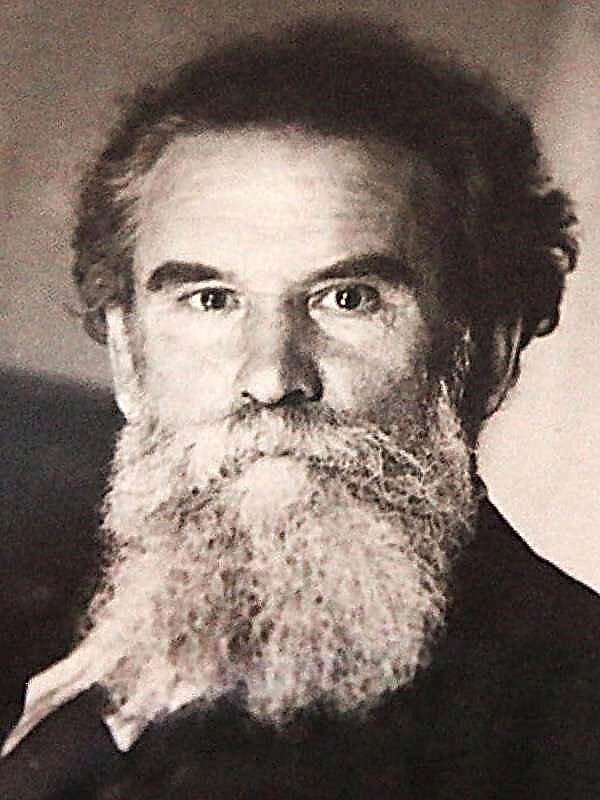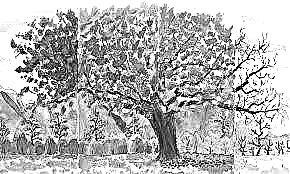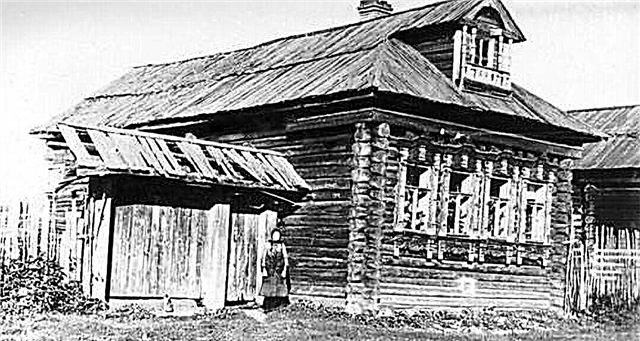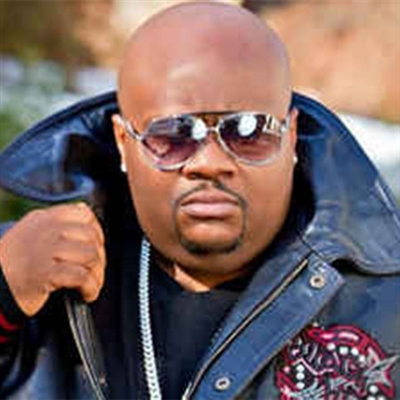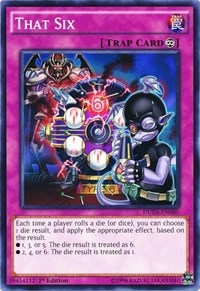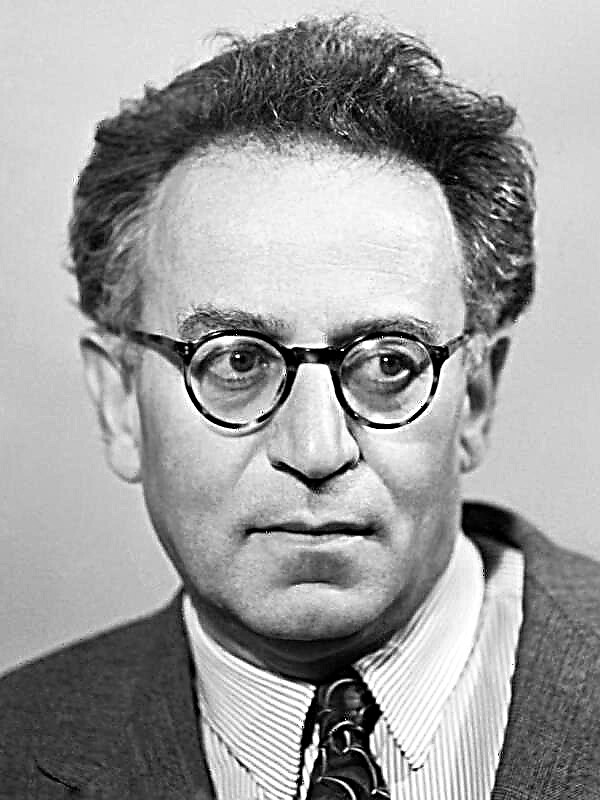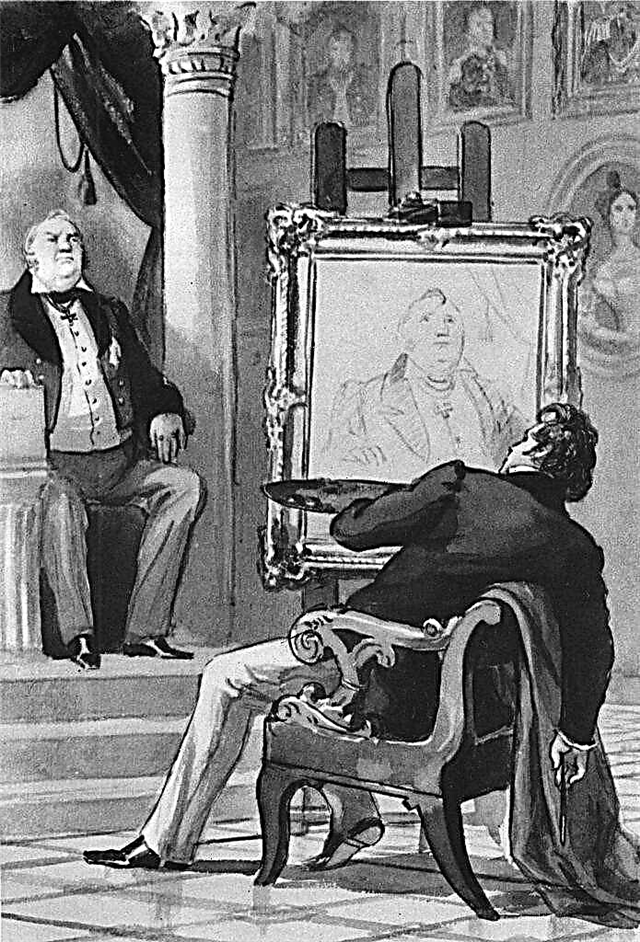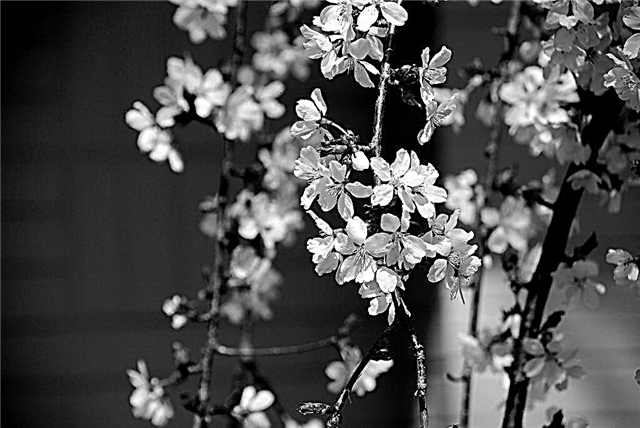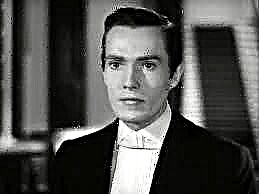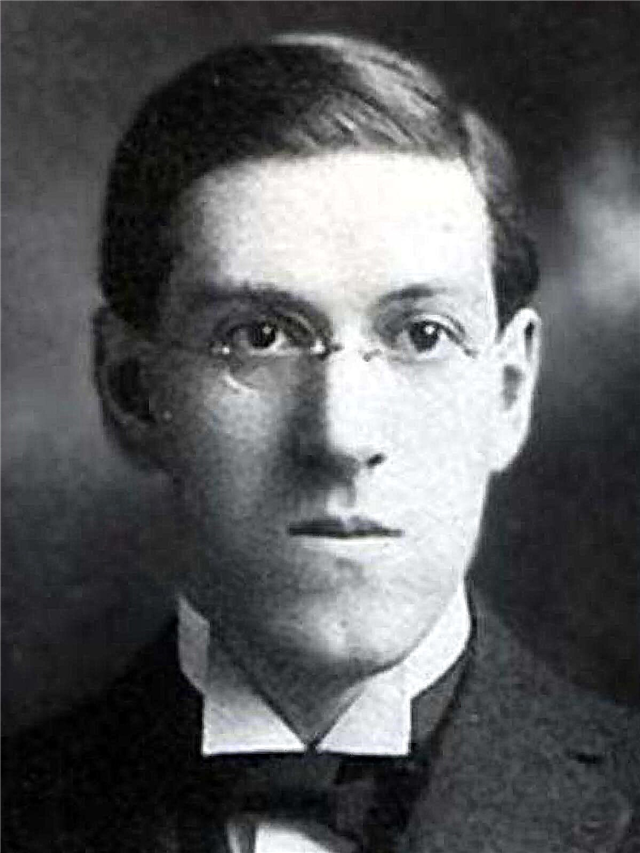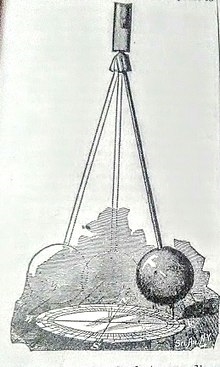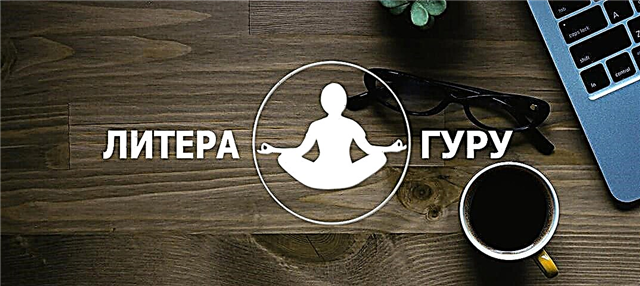During the break of the meeting, members of the Trial Chamber learn from the newspaper about the death of Ivan Ilyich Golovin, which followed on February 4, 1882 after several weeks of an incurable disease. The companions of the deceased, who loved him, involuntarily calculate the possible movements in the service now, and everyone thinks: “What, it’s dead; and here I am not. ”
At the requiem, everyone experiences an awkward feeling caused by the realization of a general pretense of grief. The only calm, and therefore significant, was only the face of Ivan Ilyich, on which was “an expression of the fact that what had to be done was done and done right. In addition, there was still a rebuke or reminder to the living in this expression. ” The widow Praskovya Fedorovna is trying to find out from Pyotr Ivanovich, whom he calls “the true friend of Ivan Ilyich,” whether it is possible to get more money from the treasury on the occasion of his death. Pyotr Ivanovich cannot advise anything and says goodbye. He is pleased to breathe clean air on the street after the smell of incense and a corpse, and he hurries to his friend Fedor Vasilyevich so as not to be too late for a card game.
"The past life story of Ivan Ilyich was the simplest, the most ordinary and the most terrible." His father, privy adviser, had three sons. The elder, cool and neat, made the same career as his father. The youngest was a loser, his relatives did not like to meet with him, and without emergency they did not remember him. Ivan Ilyich was an average between brothers, not only in age, but in everything that makes up and directs human life. In his youth, his qualities were already determined, which later did not change - Ivan Ilyich was an intelligent, capable, lively and sociable person, strictly following the life rules adopted by his people above. If he ever deviated from these rules, then he justified himself by the fact that such actions were committed by high-standing people and were not considered bad, and calmed down.
Having completed the course of law, Ivan Ilyich, with the help of his father, receives a special assignment official in the province. He serves honestly, takes pride in his honesty, and at the same time enjoys himself decently and decently - within the limits of decency accepted in society, makes a good career. He becomes a forensic investigator - a new appointment requires moving to another province. Ivan Ilyich leaves his old connections and makes new ones so that his life becomes even more pleasant. He meets his future wife, and although he could count on a more brilliant party, he decides to marry, since he is pleased with the bride and, moreover, the choice of Ivan Ilyich looks right in the eyes of people above him in the world.
The first time after the wedding, the life of Ivan Ilyich does not change and even becomes more pleasant and approved by society. But gradually, especially with the birth of the first child, the married life becomes more complicated, and Ivan Ilyich develops a certain attitude towards her. He requires from a marriage only those conveniences that he finds, filling up the feeling of his own independence in the affairs of service. This attitude is bearing fruit - in public opinion, Ivan Ilyich is accepted both as a good family man and as a good servant. Three years later, he is made into a companion of the prosecutor and after seven years of service in one city, he is transferred to the place of the prosecutor in another province.
Seventeen years have passed since marriage. During this time, five children were born, three of them died, the eldest daughter is sixteen years old, she is studying at home, the boy Praskovya Fedorovna gives to the gymnasium in spite of her husband, who wanted to see his son in law. Praskovya Fedorovna blames her husband for all the discords and tribulations of the family, but he avoids quarrels. The whole interest in the life of Ivan Ilyich is absorbed by the service. There is not enough money for life, and Ivan Ilyich in 1880, the hardest time in his life, decided to go to Petersburg to ask for a place in five thousand salaries. This trip ends with an amazing, unexpected success. A hesitant life again takes on the character of pleasantness and decency.
Inspecting the new apartment, Ivan Ilyich falls from the ladder and hits sideways on the handle of the window frame. The bruise hurts, but soon passes. Despite some disagreements, family life is proceeding safely and filled with the worries of the new device. Ivan Ilyich’s service is easy and pleasant; he even feels the virtuosity with which he conducts his business.
He is healthy - one cannot call ill health a strange taste in the mouth and awkwardness on the left side of the abdomen. But over time, this awkwardness turns into heaviness, then into pain, which is accompanied by a bad mood. Increasingly, he becomes annoyed, especially after his wife insists on going to the doctors. Ivan Ilyich obeys her and is subjected to humiliating, from his point of view, medical examinations. Doctors evade direct answers to questions about the danger of the disease, and this annoys Ivan Ilyich even more. He follows all the doctor’s instructions, finding comfort in this, but the pain intensifies. The wife constantly makes comments, finding that Ivan Ilyich does not strictly comply with the prescribed treatment. In the service, he begins to notice that they are looking at him like a person who can make room. The disease is progressing. And no longer with irritation, but with physical horror and agony, he does not sleep at night, suffers without a single person nearby who could understand and regret. The pain intensifies, and in the intervals of relief, Ivan Ilyich understands that it is not the kidney that matters, not the disease, but “life and <...> death.” Yes, life was and is leaving, leaving, and I can’t hold it. I was here, and now there! Where? <...> Is death really possible? No I do not want to". He always waits with annoyance when his wife leaves, who comes to help him, and all thinks of pain, of death, calling her the short word "she" for himself. He knows that he is dying, but he cannot understand this in any way. And the recalled syllogism: “Kai is a man, people are mortal, therefore Kai is mortal,” he cannot apply to himself.
In the terrible situation of Ivan Ilyich, there is comfort to him. This is a clean, fresh man Gerasim, a servant assigned to care for the dying. The simplicity and ease with which Gerasim performs his duties touches Ivan Ilyich. He feels the inability of Gerasim to lie and pretend in the face of death, and this strangely reassures Ivan Ilyich. He asks Gerasim to keep his legs on his shoulders for a long time, in this position the pain goes away, and Ivan Ilyich likes to speak with Gerasim. Gerasim pity Ivan Ilyich simply and for real.
The last days are coming, filled with physical and moral torments. Meetings with family and doctors make Ivan Ilyich suffer, and when these people leave, he feels that the lie is leaving with them, but the pain remains. And he sends for Gerasim.
When Ivan Ilyich becomes completely ill, he takes communion. In response to his wife’s question whether he is better, he replies: “Yes.” And with this word he sees all the deceit that hides life and death. From this minute on, for three days he screams, without ceasing, one sound “Oooh!”, Which remained from the scream “I do not want to!”. An hour before his death, a gymnasium son makes his way to him, and the hand of Ivan Ilyich falls on his head. The son grabs his hand, presses it to his lips and cries. Ivan Ilyich sees his son and feels pity for him. The son is being taken away. Ivan Ilyich listens to pain, seeks the usual fear of death and does not find it. Instead of death, light appears. “Death is over, it is no more,” he says to himself, stops half a sigh, stretches himself and dies.

